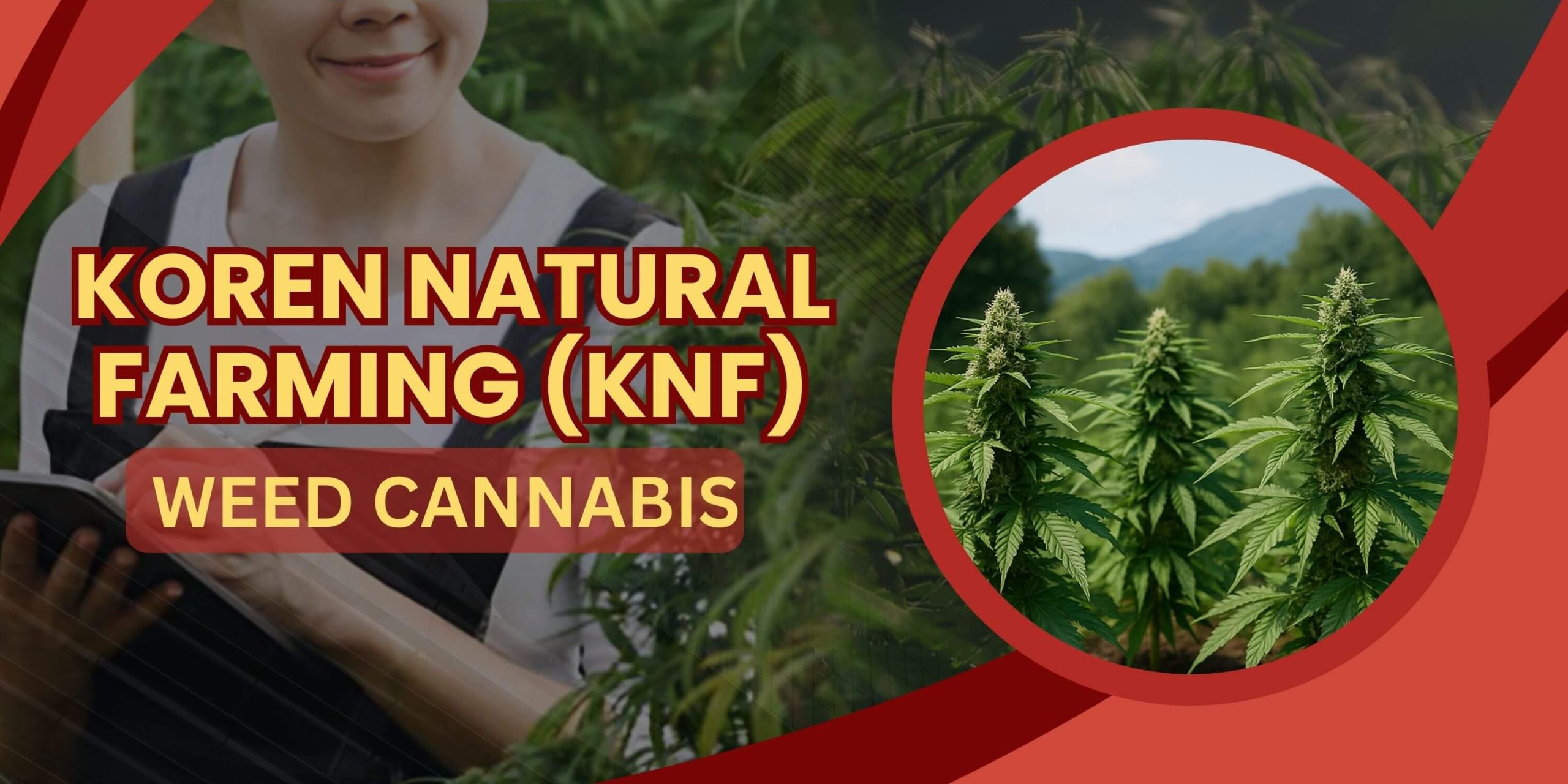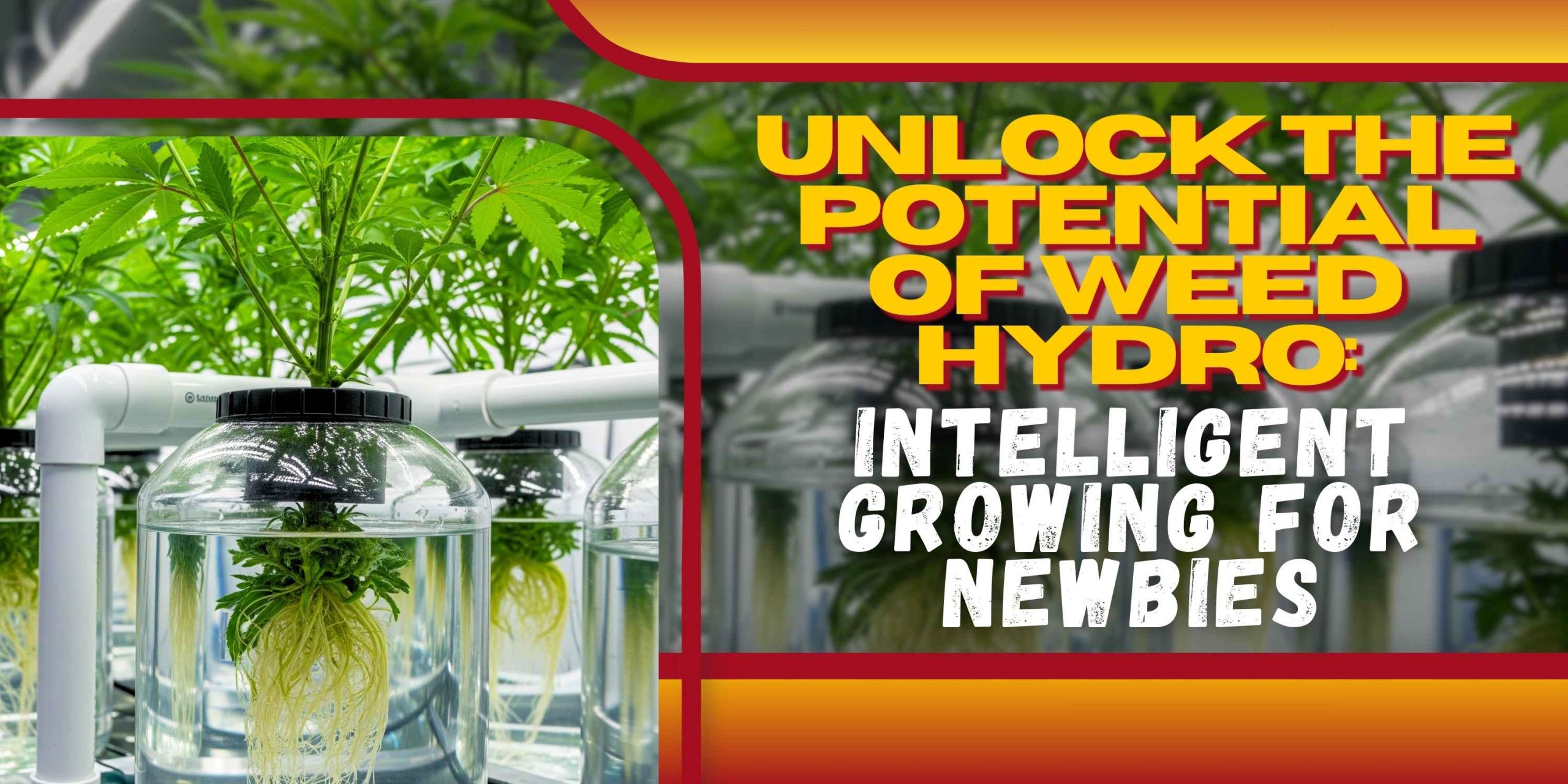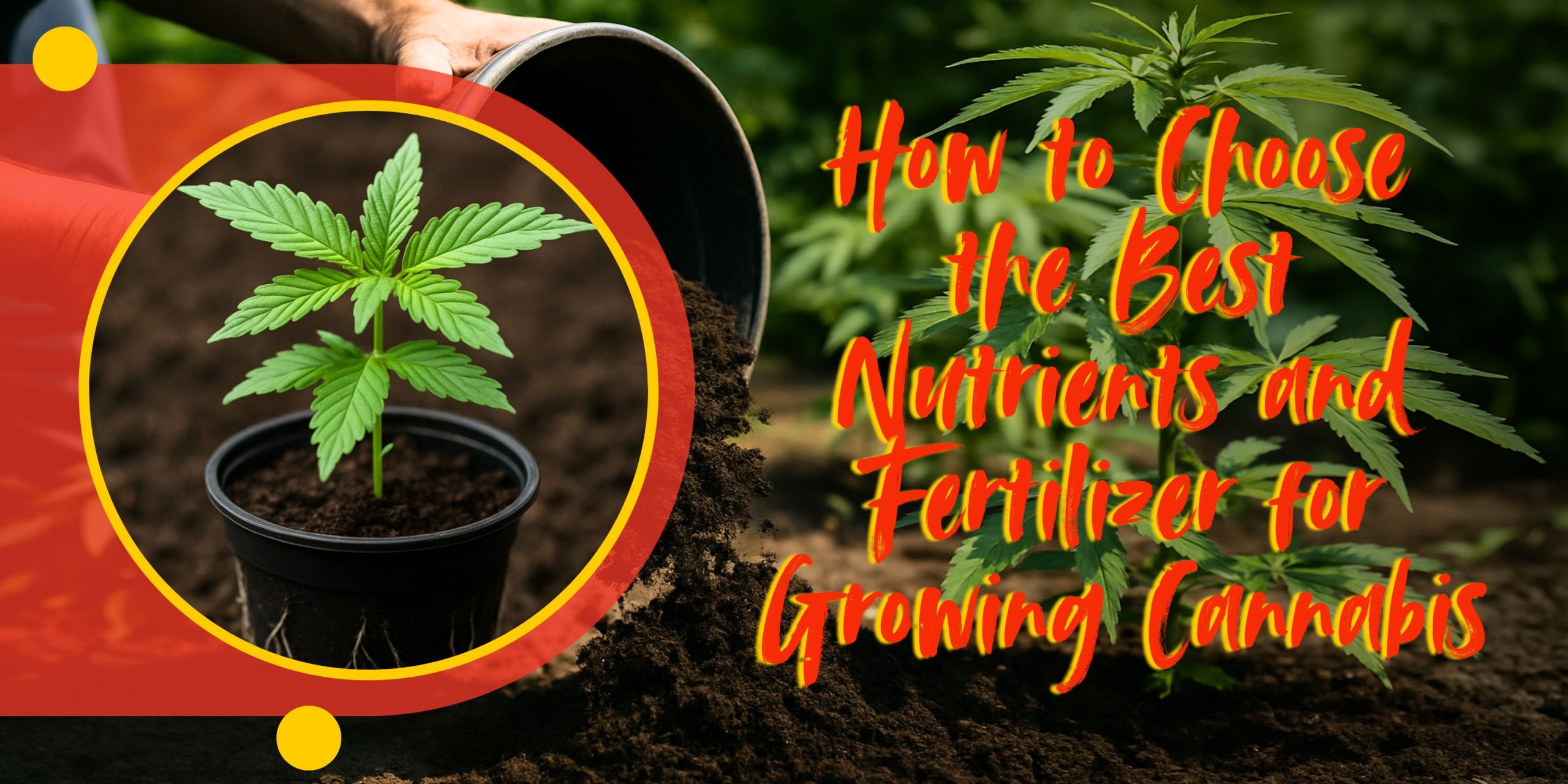KNF is a developing ideology rather than a collection of methods; it encourages closed-system farming, soil rejuvenation, and biodiversity. KNF lets farmers produce nutrient-dense, pest-resistant crops free from costly organic inputs. For cannabis specifically, KNF improves the plant’s inherent potency and increases its richness of fragrance and effects.
This handbook investigates the ideas of Korean natural farming, its advantages, and its methodical application to fully realize cannabis crops. Growing cannabis in your home or on a small scale can be transformed by Korean fermentation cannabis, which can produce higher-quality plants and more yields without posing a threat to the environment.
Learning About Korean Natural Farming (KNF) Background and Approach
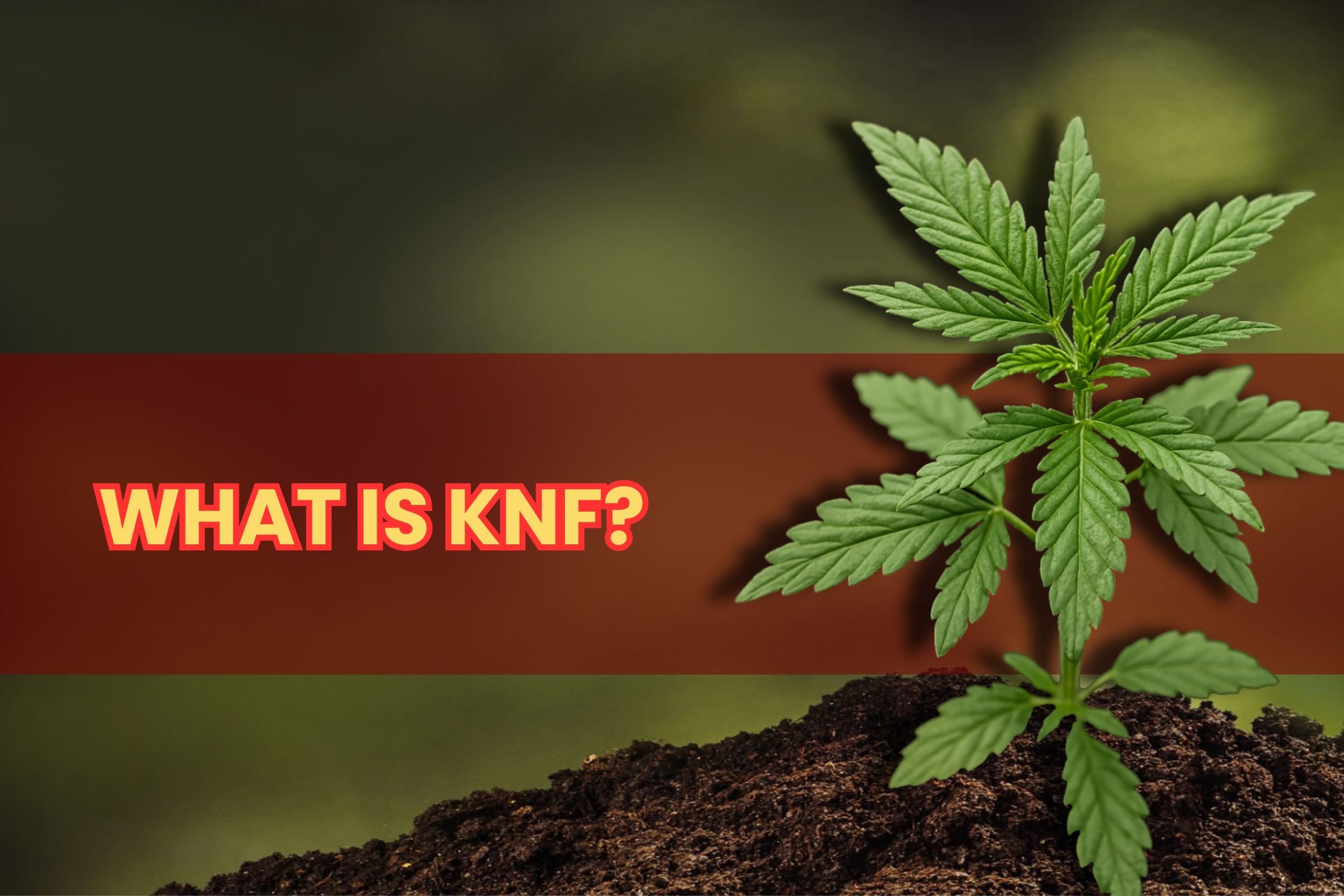
Korean farmer and agricultural researcher Cho Han-Kyu devised KNF during the 1960s. Disenchanted with the broad application of chemical fertilizers and pesticides, Cho looked for a substitute that would cooperate with rather than against nature. Drawing on conventional Korean and Japanese agricultural techniques, he developed a strategy to increase soil fertility and plant health using locally obtained, fermentable organic materials. His approach was simple: treat the soil. Hence, the dirt will treat the plants.
KNF cannabis is based on the idea of self-sustaining ecosystems. KNF farmers create their plant fertilizer using nearby materials, including fermented fruit, plant extracts, and animal manure, rather than importing chemicals purchased from a store. This method guarantees a broad spectrum of accessible nutrients, boosting plants’ vitality and resistance to pests and disease.
KNF’s Fundamental Ideas
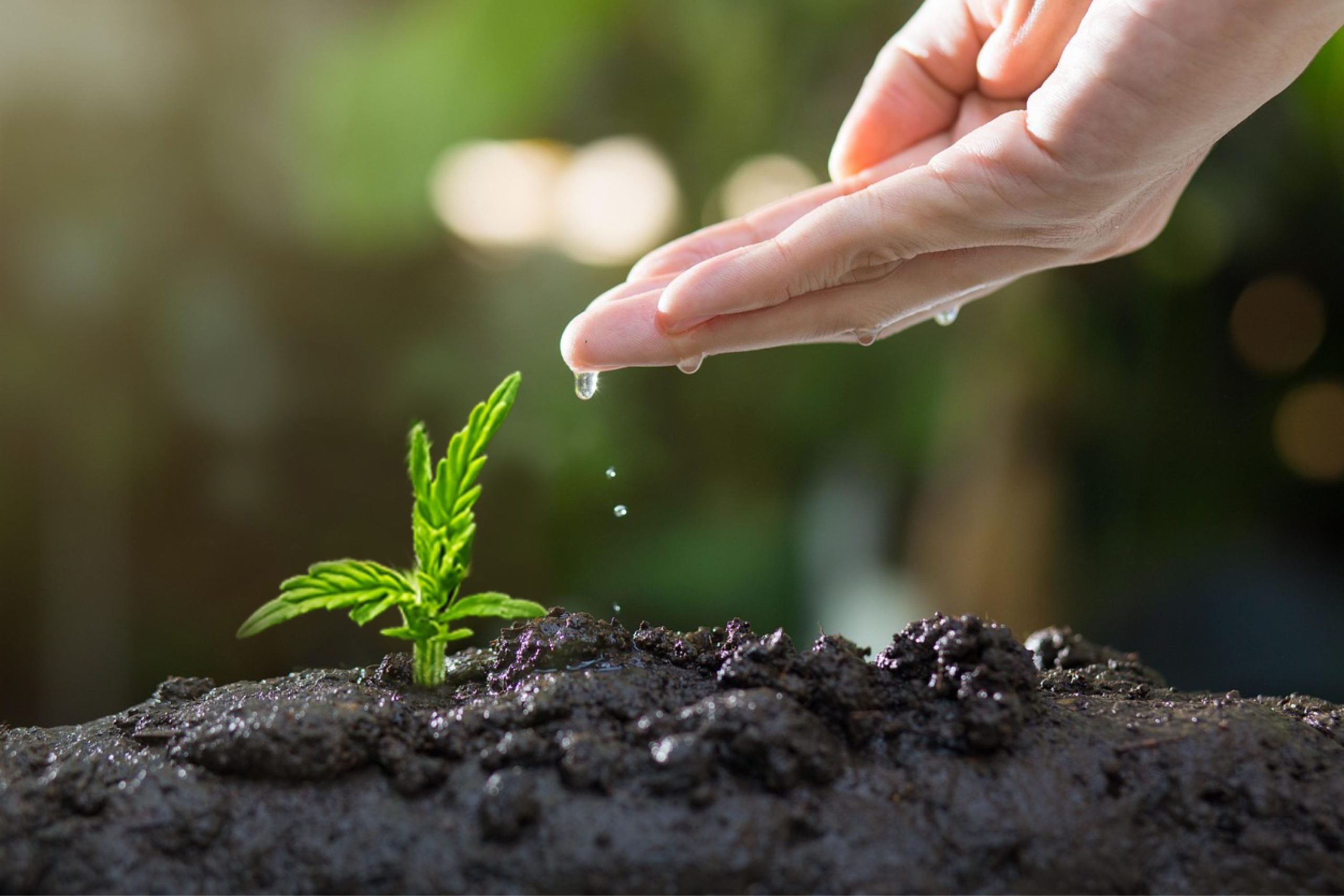
KNF differs from conventional farming techniques by various guiding ideas that define it:
- Using indigenous microorganisms (IMOs), KNF farmers gather helpful bacteria and fungi from their nearby surroundings rather than imported microorganisms. These bacteria break down organic debris and convert nutrients into forms a plant can use.
- KNF farming reduces the application of synthetic fertilizers, herbicides, and insecticides, minimizing chemical dependence. By emphasizing natural additives and soil-building techniques, producers design a closed-loop system that requires several outside inputs.
- KNF encourages no-till farming instead of tillage, which maintains soil structure intact and protects valuable microbes. This method guarantees the undisturbed network of bacteria and fungus, enhancing soil nutrient availability and moisture content.
- KNF depends on fermented plant and animal products like Fermented Plant Juice (FPJ), Fermented Fruit Juice (FFJ), and Water-Soluble Calcium (WSC) to supply needed nutrients over the cannabis plant’s life cycle.
Following these guidelines helps KNF producers design a balanced growing system that optimizes soil health, increases plant resilience, and is inexpensive.
Advantages of KNF in Cannabis Growing
1.Environmental Sustainability and Soil Revival
Korean natural farming is one of the best in terms of environmental friendliness, among other things. Conventional farming runs out of soil nutrients and requires constant application of artificial fertilizers that wipe out microbial life. Gradually, the process reduces soil health, which lowers yields and raises susceptibility to pest and disease incidence. By adding organic matter and helpful bacteria, KNF, on the other hand, restores soil fertility.
Furthermore, by avoiding synthetic fertilizers, KNF lowers greenhouse gas emissions and water pollution. Chemical farming often produces nutrient runoff that harms lakes, rivers, and groundwater. On the other hand, KNF organic inputs organically disintegrate in the ground without causing any environmental damage.
2. Self-sufficiency and financial effectiveness
Budget-conscious cannabis growers would like KNF as their first choice. Growing their microbial inoculants and fertilizers helps growers save much money on commercial nutrient supplies. Growers can derive most of the KNF inputs from the nearby environment, eliminating the need for expensive store-bought items.
KNF inputs can also be kept and utilized, making the system even more affordable. They offer a consistent supply of plant-available nutrients at a fraction of the cost of synthetic equivalents, as they are made from home liquid fertilizers like Fermented Fruit Juice (FFJ) and Fermented Plant Juice (FPJ).
3. Enhanced Yielding Plant Health
KNF improves the soil’s microbiology and nutrients, producing stronger and healthier cannabis plants. Targeting microbial diversity generates a symbiotic interaction between plant roots and helpful microbes that allows cannabis to absorb nutrients more effectively.
Natural pest and disease resistance is still another main advantage. KNF products like Oriental Herbal Nutrient (OHN) strengthen plant immunity without upsetting the ecology, unlike chemical pesticides. This results in fewer diseases and pests and more vigorous, healthier plants.
KNF Methodologies Applied to Growing Cannabis
First step: gathering and fostering of Indigenous Microorganisms (IMOs)
- Create a Rice Substrate: Cook rice, then put it in a porous container or wooden box.
- Determine a Natural Collection Site: Look for somewhere with lots of leaf litter, rotting wood, or forest soil—where helpful bacteria abound.
- 5–7 Days: Incubate. After burying the rice container in the selected spot, cover it with a layer of earth thin enough.
- Harvest the microbial culture. Once it has a white, fuzzy microbial mat coating, mix the rice with brown sugar to make IMO1.
- Progressively ferment and spread the bacteria via IMO2, IMO3, and IMO4, each step increasing microbial diversity.
Second Step: Getting KNF Nutrient Solutions Ready
- Chop young, nutrient-dense plants such as comfrey or cannabis leaves, blend them with brown sugar, and then ferment them for seven days.
- Fermented Fruit Juice (FFJ) is the same as FPJ but sources sugars and natural hormones from overripe, delicious fruits.
- To get plant-available calcium needed for bud development and structure, steep eggshells in vinegar.
- Toss garlic, ginger, cinnamon, and brown sugar for a potent pest-repellent brew.
Third step: application during the cycle of cannabis growth
- Phase of Vegetative Stage: For excellent root development and expansion, apply diluted FPJ and IMO solutions.
- Flowering Stage: Turn to FFJ and WSC to start resin synthesis, terpene augmentation, and bud development.
- Spray OHN as a foliar spray to increase plant immunity and discourage pests.
Conclusion
A revolutionary farming technique called Korean Natural Farming lowers costs, improves plant health, and preserves the surroundings. Using local microbial life and organic nutrients can help cannabis growers create healthy, high-yielding plants while simultaneously protecting the earth. KNF is the future of regenerative cannabis farming, providing a suitable solution for the planet and growers.
FAQs About Korean Natural Farming (KNF) for Cannabis
1.Is KNF suitable for indoor cannabis cultivation?
KNF is suitable for indoor growth, although guaranteeing microbial variety could be more challenging. Good ventilation and IMOs guarantee success in indoor controlled environments.
2. With KNF, how soon might one expect results?
Improvements in soil health and plant vigor become noticeable in a few weeks, while long-term effects like yields and terpene production are more precise after several growth cycles.
3.Does KNF replace the necessity of flushing before harvest?
Because the nutrients utilized in KNF-grown cannabis are entirely organic and readily absorbed by the plant, there is no need for conventional flushing; instead, a mellow, clean smoke results.
4. Could I combine KNF with some other organic growth methods?
KNF is compatible with other organic methods, such as cover cropping and composting, to increase soil biodiversity and nutrition.
5. Which presents the most difficulty when using KNF for cannabis?
The most challenging part is correctly collecting and cultivating indigenous microorganisms (IMOs). Establishing a healthy microbial population calls for patience and appropriate environmental conditions.


